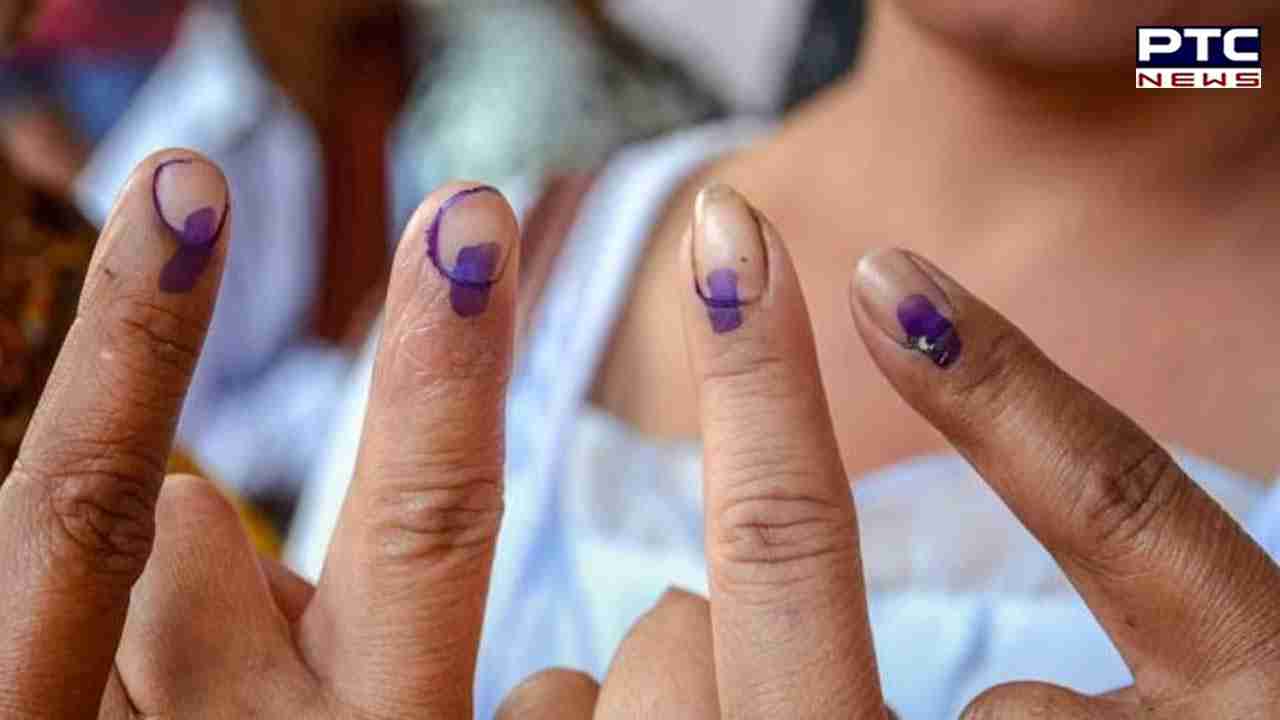

'One Nation, One Election': Balancing gains and challenges | OPINION
PTC Web Desk: On Friday, the Union Government constituted a committee headed by former President Ram Nath Kovind to explore the possibility of 'One Nation, One Election'. It is learnt that a notification about the members of the committee is likely to be issued anytime soon.
Under the current system, the General Election to choose members of Parliament and state Assembly elections are held separately, typically when the term of the incumbent government concludes or in the event of its dissolution for various reasons. However, "One Nation, One Election" envisions the synchronisation of electoral processes nationwide, advocating for the simultaneous conduct of elections for both the Lok Sabha and all state assemblies in India.
India, often celebrated as the world's largest democracy, boasts a staggering array of electoral processes — from local panchayats to state assemblies and the central Lok Sabha (Parliament). This multi-tiered system, while emblematic of India's democratic spirit, has also become a source of both enthusiasm and frustration for its citizens.
The proposal to synchronise India's multiple elections into a single, simultaneous event has garnered attention for its promise of addressing several challenges plaguing the nation's electoral system. Experts say this reform could yield a host of benefits, including cost savings, enhanced governance, reduced political polarisation, and improved policy continuity. However, like any significant reform, it faces a range of skeptics and formidable hurdles.

Gains of 'One Nation, One Election'
COST EFFECTIVE: One of the most persuasive arguments in favour of 'One Nation, One Election' is its potential for significant cost savings. The current practice of conducting multiple elections at different times demands substantial resources, encompassing not only government expenditure, but also productivity losses due to extended campaign periods. By consolidating all elections into one event, India stands to make considerable financial savings, which could be redirected towards vital social programmes and infrastructure development.
ENHANCED GOVERNANCE: In India, elections happen frequently, which means that the government is often busy with campaigning. This can lead to the government prioritising short-term, popular actions instead of long-term plans for development. If we have simultaneous elections, it could provide stability, allowing the government to focus on running the country without always worrying about the next election.
MITIGATED POLARISATION: In the past few years, India has seen more and more division among people because of politics, especially during elections. 'One Nation, One Election' could help make this division less by having fewer elections and less of the arguments that come with them. It might make political parties focus on bigger issues and work together better.
POLICY CONSISTENCY: When elections happen often, it can mess up the plans and policies that the government has in place because new governments often change what the previous government did. If we have all elections at the same time, governments will stay in power longer, and this might lead to more consistent and long-term plans that are good for the country.
_76e4f0ce04c79253f7b0bc122de62c80_1280X720.webp)
Nonetheless, the road to implementing 'One Nation, One Election' is riddled with challenges
CONSTITUTIONAL AMENDMENTS: Overhauling India's electoral system would require significant constitutional amendments, a complex process necessitating consensus among political parties and careful consideration of federalism principles.
LOGISTICAL COMPLEXITIES: Making sure elections happen smoothly all over India, which is a huge and diverse country, is a very tough job. We need to carefully plan and organize things like roads, security, and people to make it work without any problems.
POLITICAL RESISTANCE: Political parties may oppose the idea if they perceive it as detrimental to their interests. Smaller parties, in particular, may feel disadvantaged, lacking the resources to compete on a national scale.
Therefore, the concept of One Nation, One Election represents a potentially transformative step in India's political landscape, promising cost savings, improved governance, reduced polarization, and policy continuity. However, its implementation remains a complex and formidable task, demanding bipartisan cooperation, meticulous planning, and unwavering commitment from all stakeholders.
- PTC NEWS
